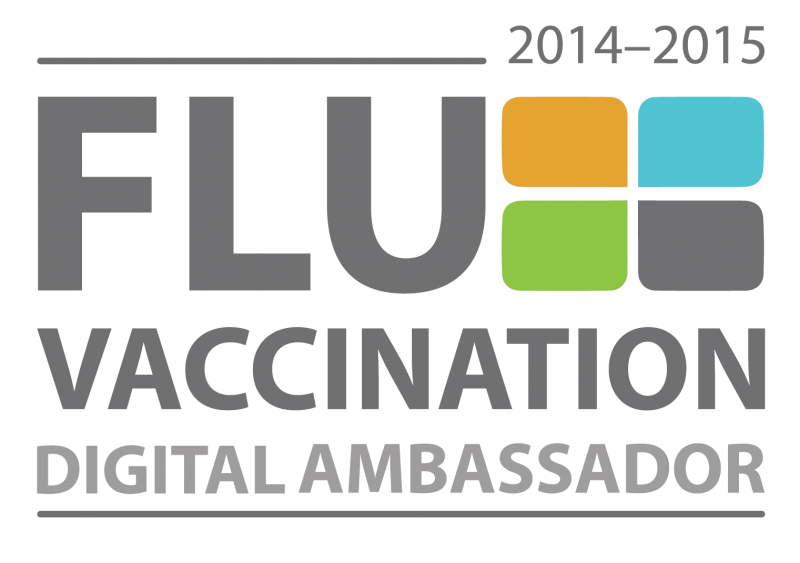Battling Ebola and other threats, wherever we are
The ears of those of us who live or work in Cleveland perked up today when the Centers for Disease Control and Prevention (CDC) announced that the second nurse in whom Ebola had been diagnosed in this country traveled on an airplane from Northeast Ohio to Dallas on Monday.
The news hit home personally for me, because the airline involved, Frontier, had taken me to Washington, DC, recently for the annual meeting of the American Health Care Association and National Center for Assisted Living. Same airport and same airline, albeit a different day and a different destination city.
Amber Joy Vinson, a Texas-based hospital nurse who cared for Thomas Eric Duncan—a Liberian man who on Oct. 8 became first person to die of the virus in the United States—reportedly came to Ohio Oct. 10 to visit family in the Akron area and flew home Monday when she had a fever but otherwise was asymptomatic. Nonetheless, Vinson “should not have been allowed to travel by plane…by virtue of the fact she was in an exposed group,” CDC Director Tom Frieden, MD, MPH, said at a press conference today.
I wish a full recovery for Amber and everyone else who may have been or in the future will be exposed to the virus. The CDC and Frontier Airlines are asking all 132 passengers on Vinson’s flight, number 1143, to contact the government agency, although Frieden says they are at “extremely low risk” of being exposed.
Your own risk, most likely, also is low. Because you work in a healthcare environment, however—with residents arriving from other settings and they as well as employees and family members coming and going—it's understandable that you and your colleagues may have concerns about the dangers you may face while performing your duties. But knowledge is power. The CDC has made available a wealth of information for healthcare workers on its website and shares the following advice if you are exposed to someone who has Ebola:
- Wear protective clothing, including masks, gloves, gowns and eye protection.
- Practice proper infection control and sterilization measures. For more information, see “Infection Control for Viral Hemorrhagic Fevers in the African Health Care Setting.”
- Isolate those with Ebola from others.
- Avoid direct contact with the bodies of people who have died from Ebola.
- Notify health officials if you have had direct contact with the blood or body fluids, such as but not limited to, feces, saliva, urine, vomit or semen of a person who is sick with Ebola. The virus can enter the body through broken skin or unprotected mucous membranes in, for example, the eyes, nose or mouth.
A healthy dose of common sense in personal and professional activities would be wise as well. Your own personal battle with Ebola may be limited to your mind, but let's be careful out there anyway.
The flu is likely to be more of a threat to long-term care (LTC) workers and the residents in their care than is Ebola, health officials said at a Sept. 18 press conference. And yet vaccination remains low among LTC workers compared with other healthcare professionals.
 “We can’t predict exactly which strains are going to be circulating” this year, Frieden said at the time, “but we can predict that the best way you can protect yourself against flu is to get a flu vaccination this year, and now’s the time to start getting one.”
“We can’t predict exactly which strains are going to be circulating” this year, Frieden said at the time, “but we can predict that the best way you can protect yourself against flu is to get a flu vaccination this year, and now’s the time to start getting one.”
The CDC provided tips to help LTC leaders encourage vaccination among all workers as well as information on why vaccination against the flu and pneumonia is important for older adults.
Read more about how to prepare your facilities, staff members and residents for the flu.
Access all blogs by this author.
I Advance Senior Care is the industry-leading source for practical, in-depth, business-building, and resident care information for owners, executives, administrators, and directors of nursing at assisted living communities, skilled nursing facilities, post-acute facilities, and continuing care retirement communities. The I Advance Senior Care editorial team and industry experts provide market analysis, strategic direction, policy commentary, clinical best-practices, business management, and technology breakthroughs.
I Advance Senior Care is part of the Institute for the Advancement of Senior Care and published by Plain-English Health Care.
Related Articles
Topics: Clinical , Disaster Preparedness











